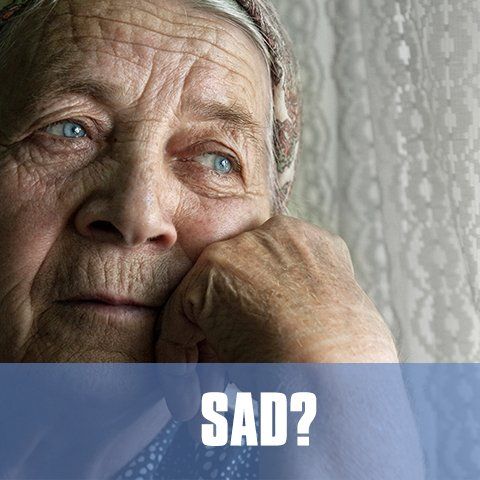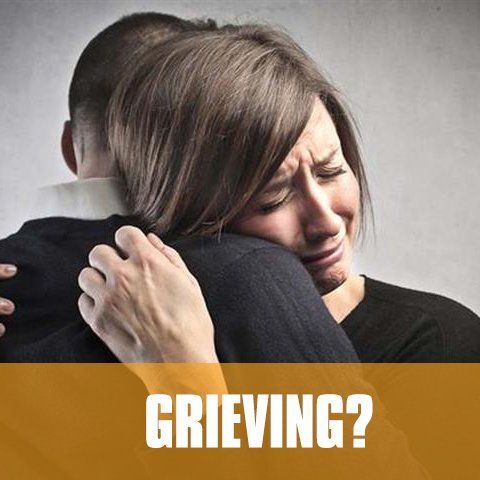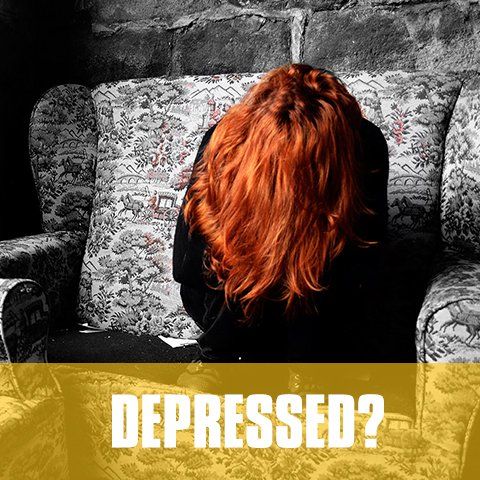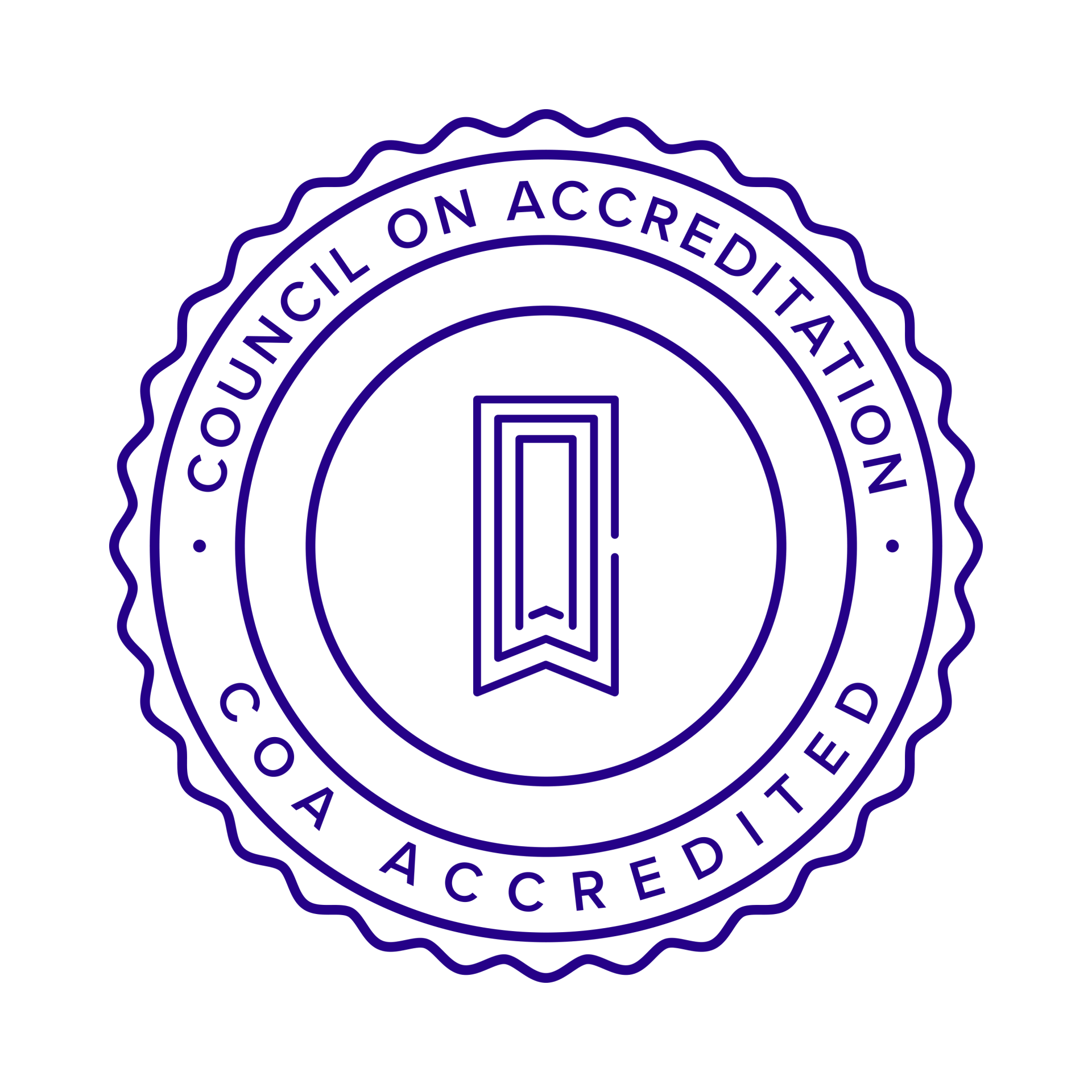To make an appointment call either (810) 341-2004 or (810) 233-4031 or click HERE
to send us an email.
Download A Printable PDF Version
Frequently Asked Questions about Anxiety
What is anxiety?
- Anxiety is a normal response to stress
- When anxiety is hard to control and affects daily living, it can be disabling
- Intense, excessive and persistent worry and fear about everyday situations
What causes anxiety?
Many things cause anxiety
- Anxiety may be caused by a mental condition, a physical condition, the effects of drugs or a combination of the above
Causes of Anxiety
- At Work
- From School
- Due to Finances
- Relationships - Marriage
- Emotional Trauma - Death
- Use of Illicit Drugs - Cocaine
- Serious Medical Illness
- Side Effect from a Medication
- Heart Attack or Heat Stroke Symptoms
Anxiety related mental conditions include:
- Panic Disorder: A sudden attack of terror when there isn't any danger. People sometimes feel like they are having a heart attack, losing their mind, or dying
- Generalized Anxiety Disorder: Excessive worry about daily issues such as health, money, work or family. It usually causes muscle tension, trouble sleeping and upset stomach
What are the signs of anxiety?
Here is a list of the most common signs of anxiety.
- Sudden overwhelming fear
- Shortness of breath
- Feeling restless, irritable or explosive anger
- Muscle tension
- Having trouble sleeping
- Having trouble concentrating, remembering, and making decisions
- Body symptoms, chest pains, heart palpitations
- Personality changes; less social
How is anxiety treated?
- The 2 most common treatments for anxiety are medication and therapy (talking with a trained counselor) or a combination of both
- Therapy can help find ways to better deal with fears that won't go away
- There are many different types of medicines such as anti-anxiety drugs, Beta blockers, SSRIs, Tricyclics, and MAOIs
- These medicines help with anxiety in different ways
- They are prescribed based on your symptoms
How can I get help for my anxiety?
Here are ways to get help for your anxiety
- Talk to your health care provider about how you are feeling. Your health care provider can help you get the treatment you need
- Talk to a family member, friend, or religious leader you trust and who can help you find someone to treat your anxiety
- Get more information about anxiety by using the resources listed below
- Talk to a counselor that can help you understand and manage your feelings
For More Information...
You can find out more about anxiety and schedule an appointment to speak with a counselor by contacting us
Resources
The following organizations are also great resources for additional information:
- National Institute of Mental Health: www.nimh.nih.gov
- National Foundation for Depressive Illness, Inc: www.depression.org
- National Depressive and Manic Depressive Association: www.ndmda.org
To make an appointment call either (810) 341-2004 or (810) 233-4031 or click HERE
to send us an email.







